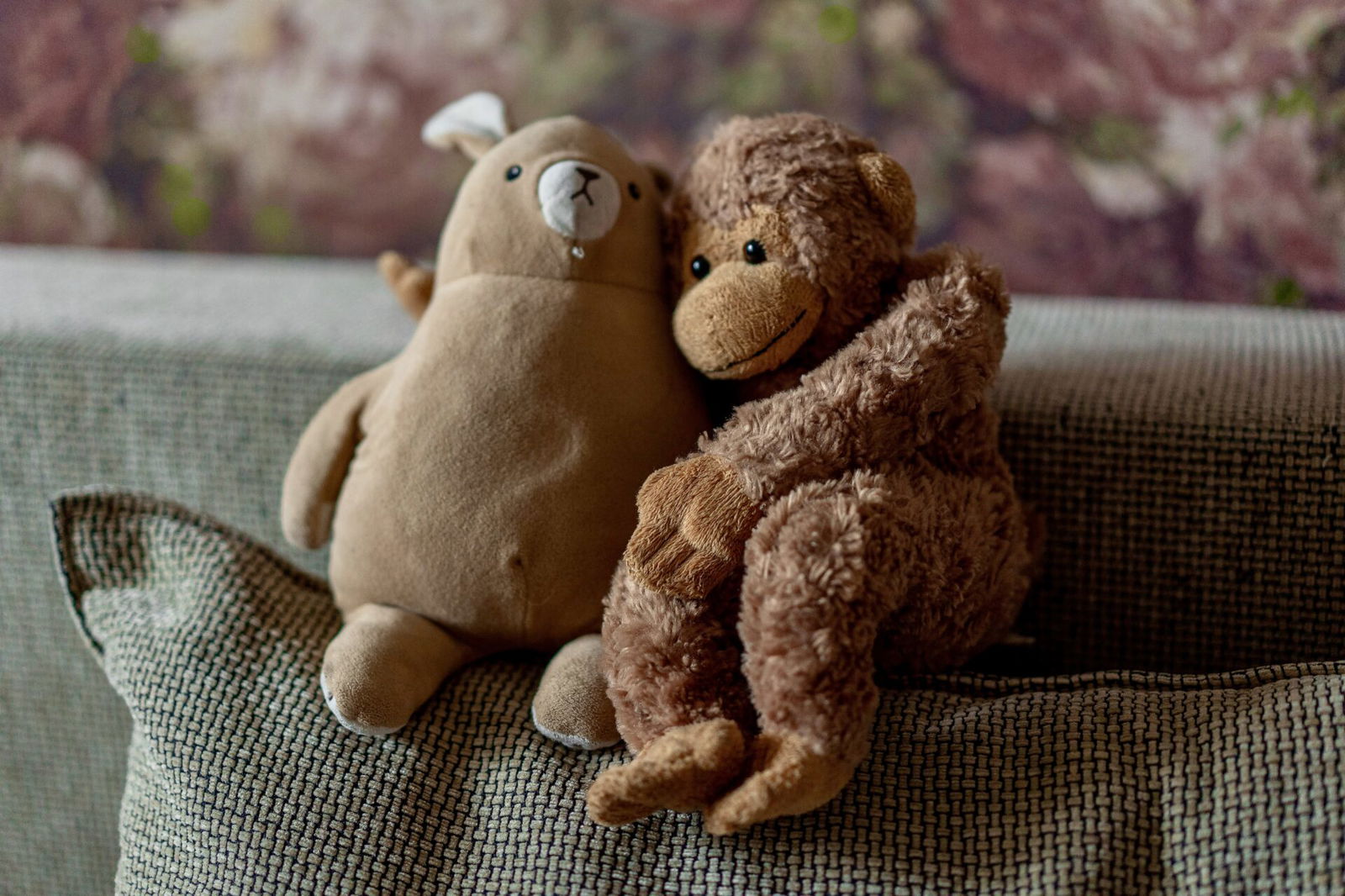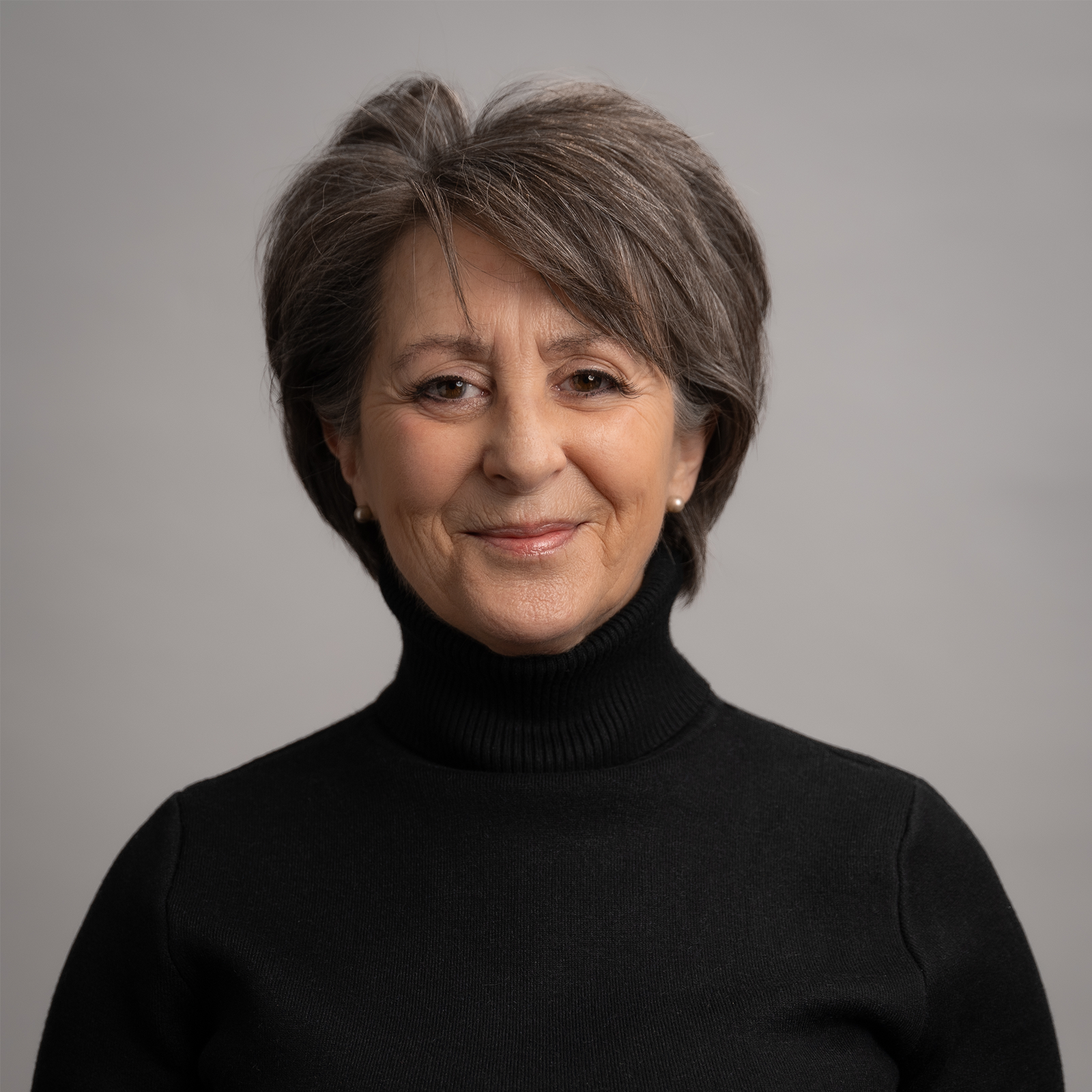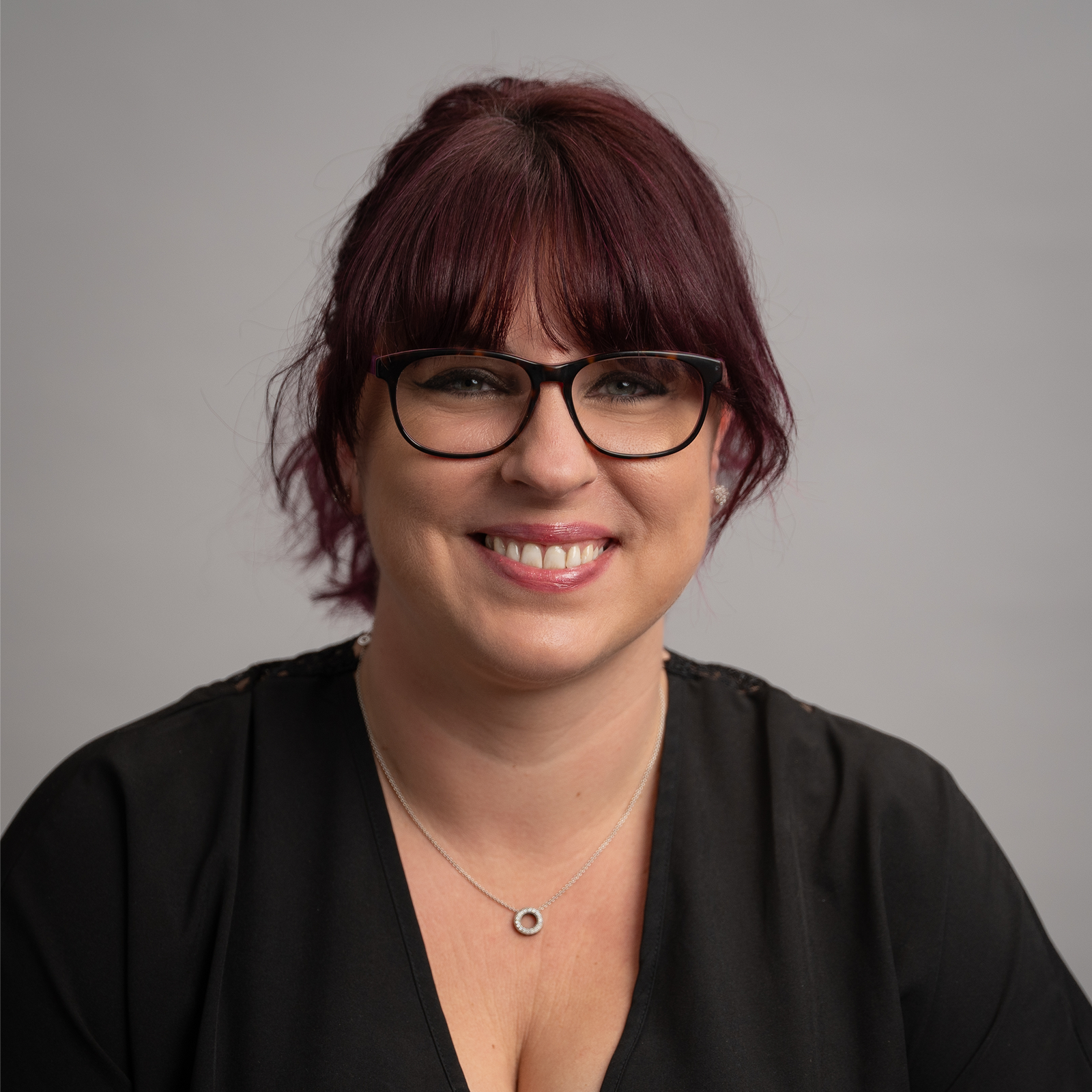
What Is a Death Doula? Role, Support & Benefits
Written by Adam McIlroy.
11 minute read

Written by Adam McIlroy.
11 minute read
If you’ve clicked on this article, it might be because someone you love is dying—or has already passed. At Aura, we understand how hard this period of time can be. Grief is often heavy, confusing and emotional. When you’re in the midst of it, it’s likely that the last thing you need is pressure to follow old traditions that don’t feel quite right anymore.
Across the UK, funeral tastes are shifting. Fewer families are sticking rigidly to black suits, hymns, and sombre silence. More and more, people are seeking personal, thoughtful ways to say goodbye—and to make sense of the time leading up to it. One noticeable change is the growing presence of death doulas: trained, compassionate guides who support people and their families not just in the final days, but also in the weeks or even months before death, and in the tender period that follows.
But what is a death doula, and why are more British people turning to them for comfort, reassurance and guidance towards the end of their lives?
In this article, we’ll explain everything you need to know.

A death doula, or end-of-life doula, is a non-medical professional who provides emotional, practical and even spiritual support before, during and after someone dies. Their role isn’t clinical. Instead, they walk alongside individuals and families, offering steady guidance during a time that can often feel uncertain and overwhelming.
Unlike hospice or palliative care teams who focus on primarily physical needs, death doulas hare present with human side of dying. Some are brought in months or even years before death, to help people prepare. This might include organising paperwork, helping with advance care planning, or simply offering someone the space to talk about what matters most to them.
After someone dies, a death doula might continue working with the family—offering support with the early stages of grief, sitting with relatives, helping to plan the funeral, or just making a cup of tea when it’s most needed. The focus is always the same: to bring calm, clarity and compassion to what can be one of life’s hardest periods of time.
As death doula Alua Arthur said in an interview with the Guardian, the practice is “very ancient, because as long as humans have been living, they’ve been dying”. The word ‘doula’ actually comes from the Ancient Greek ‘doulē’, which means ‘female slave’ or ‘servant woman’. These women would’ve helped the wives of their ‘masters’ in many different ways, including when they were giving birth.
But the modern idea comes from the 1970s US ‘natural birth’ movement, which pioneered alternatives to hospital birth, like water and home birth. The same people who led that movement are now turning their attention to death, and are aiming to share their skills at the other end of life’s journey.
Though every doula has their own set of unique offerings, in general, death doulas provide an uplifting mix of emotional, spiritual and practical support. While hospice teams, doctors and palliative care staff do remarkable work in caring for a person’s physical and emotional needs, they’re often stretched thin—managing multiple patients, navigating clinical priorities and limited by time. This can mean that the deeper emotional, spiritual, and logistical aspects of dying aren’t always given the space they deserve.
That’s where death doulas step in. They aren’t bound by shift patterns or clinical checklists. Instead, they offer unhurried presence—someone to sit with, talk through paperwork, hold a hand, or help a family make sense of what’s happening. Their role is to support the whole experience of dying, not just the medical one.
When someone is dying, they may be facing an especially emotionally complex time. Apart from the obvious reality of death itself, the fact that life is drawing to a close can also force other anxieties and worries to the surface. Even talking about dying itself can be difficult: perhaps a secret that someone has kept for their whole life now needs to be shared, or maybe they have religious questions that they’d like to discuss, but feel they can’t with family members.
Death doulas use their empathy to recognise these worries and uncertainties, and aim to be a receptive presence. They can help to facilitate conversation between the dying person and their family, as well as to help them to make peace with themselves. A death doula also makes sure that any relevant religious observances are made, following the request of the dying person.
Because of a decline of religion in the UK, death doulas are increasingly important for providing the support that religious communities would have done in times gone by.
Death doulas don’t just provide emotional or spiritual support; they can also lend a hand in practical matters. Even if someone is dying, it doesn’t mean that all of the day-to-day stuff in their life takes a break. Dogs still need to be walked, plants still need to be watered, admin still needs to be done. A death doula can take some of the pressure off of the dying person, sparing them from distraction by tedious matters during what could be an important introspective process.
If you’re interested in training as a death doula, or are curious about what someone goes through in order to become one, there are a number of different courses and qualifications available. It should be said that although many death doulas have gone through some type of training course, the role of a death doula is in no way overseen by an organisation or certifying body. This means that anyone, regardless of training, can operate as a death doula.
Since death doulas don’t need formal training or certification, it’s worth asking about their experience if that’s something that’s important to you.
Doula training courses have a number of different elements which are designed to shape the key qualities of empathy, genuineness and acceptance as well as educate about end-of-life stages. These are not qualities that everyone can demonstrate easily, and can require thorough training to develop.
A typical death doula training course might have group classes, as well as homework assignments, a portfolio of work, and a learning journal. There will likely be a self-reflection element of the course too. It all goes towards developing new death doulas as empathetic, caring, and skilled people who know how to listen, guide, and assist a dying person.
Organisations like Living Well Dying Well offer training to aspiring death doulas, like former Green MP, Caroline Lucas. She recently announced an intention to leave politics in order to become an end-of-life doula, showing that the idea is gaining traction.
There aren’t any specific legal requirements relating to death-doula certification in the UK. However, there are organisations, both in the UK and the wider world, that aim to increase and promote ethical and professional standards for practising death doulas.
End of Life Doula UK is a membership organisation in the UK for death doulas, helping them with their training needs. It also aims to set industry standards. The International End-of-Life Doula Association is a similar organisation promoting death-doula values and standards, based in the US.
Death doulas can do their good work in a variety of different places. If you’re looking for the services of one, don’t worry: whether at home, in hospital, a care-home or a hospice, a death doula will be able to be with you there.
A death doula will gladly come to assist a dying person at home, whether because they are confined there through illness, or because that’s where they feel most comfortable. Doulas are also there to offer a hand in practical matters, so can tend to tasks around the home, if needed by the dying person.
End-of-life doulas do a lot of their most important work in hospitals and hospices, where they can help people to find meaning in mortality, and to make sense of their remaining time. Hospitals and hospices can be upsetting places, both for the dying person, as well as their family. And that can make it tough to feel comfortable enough to talk through the things that are weighing on them. That’s where the positive listening skills and empathy of the doula begin to shine.
They will work alongside medical staff, and even faith figures, to help the dying person be more comfortable with death, and with the life they’ve lived, as they gently exit this world.
A big priority for those working as death doulas is to promote healthy conversations about death, and to help us all to open up about it. For this reason, they can also be found in community centres and local support groups and death cafes, helping ordinary people to talk through some of their questions and anxieties.
One of the principles guiding the work of a death doula is to be non-judgemental. They will always bring an open mind to conversations with the families that they are there to help, even on subjects like the UK’s assisted dying bill.
At the moment, across the UK, assisted dying is illegal. Depending on where you are in the UK, it could even be illegal to help someone to travel to a country, such as the Netherlands, where it is legal; in England and Wales, even that could be considered a criminal offence, whereas in Scotland, judges have had a more open view.
A death doula will certainly help a dying person to express themselves on this issue, and to have a conversation around it, but they will need to remain within the bounds of the law.
In parts of the world where the practice is legal, such as California and Hawaii, death doulas will talk their clients through their options, including the possibility of assisted dying, as well as palliative care. Just because someone wants to discuss it, it doesn’t mean that they will try to do it, or even that they want to do it – they may simply be curious, which is perfectly natural.
Death doulas can achieve powerful things through conversation, and discussing assisted dying with someone who is dying can even lead to a strengthened will to live in situations where before they had no hope.
Each doula is different, so which one could work for you will depend on how well your personalities match.
Much like any situation where you’re hiring someone, you should try to get a sense of their experience. It could also be worthwhile to ask questions which will help you to understand what kind of person they are, and what motivates them. Here are some questions you could ask to a possible death doula:
These questions will give you a general sense of what you can expect from any doula, how much you’ll need to pay them, and whether they will be compatible with you. Be prepared to answer some questions from them, as doulas themselves also need to know if you’ll be compatible with them.
You can find people offering their death-doula services in the UK by heading to directories like End of Life Doula UK (linked above). Local hospices and hospitals can also point you in the right direction.
We hope you found this article useful. We at Aura know that this can be a bit of a difficult subject to talk about with friends and family, so if there’s anything at all that we can do to assist you – on the subject of death doulas or anything else – we’re just a phone call away. We’d be delighted to hear from you.


